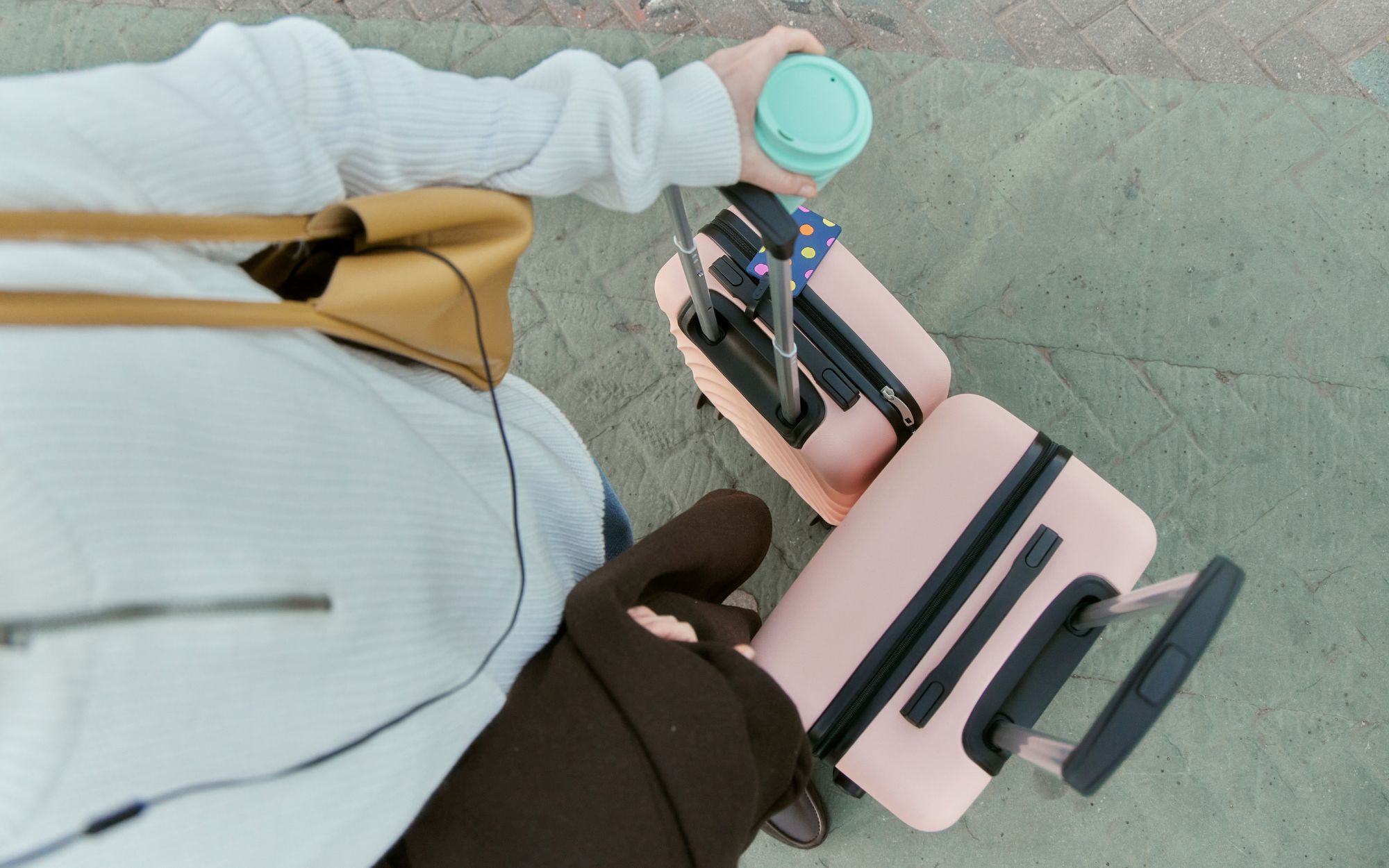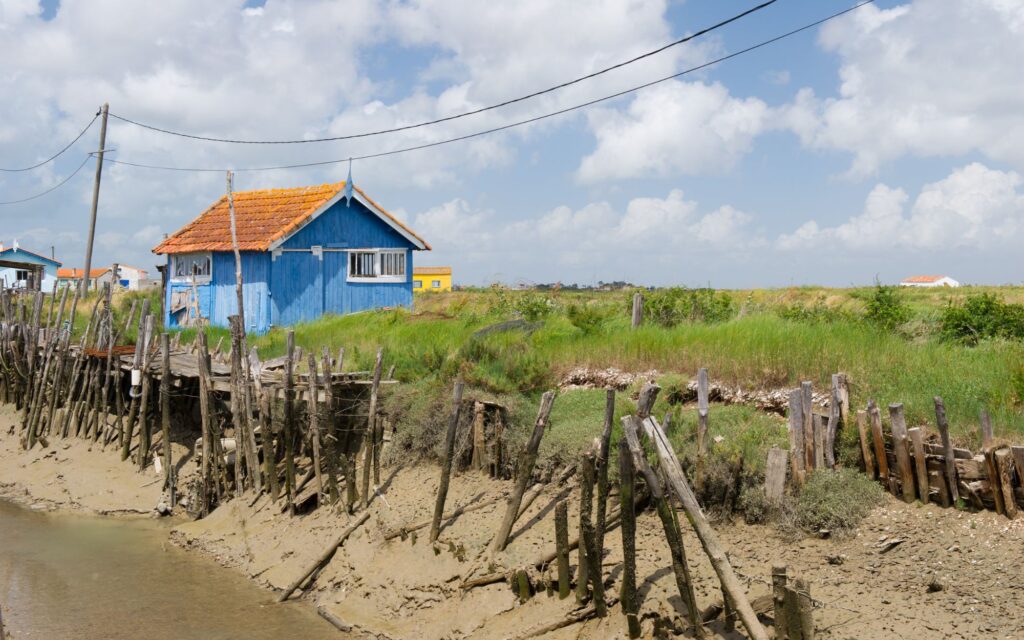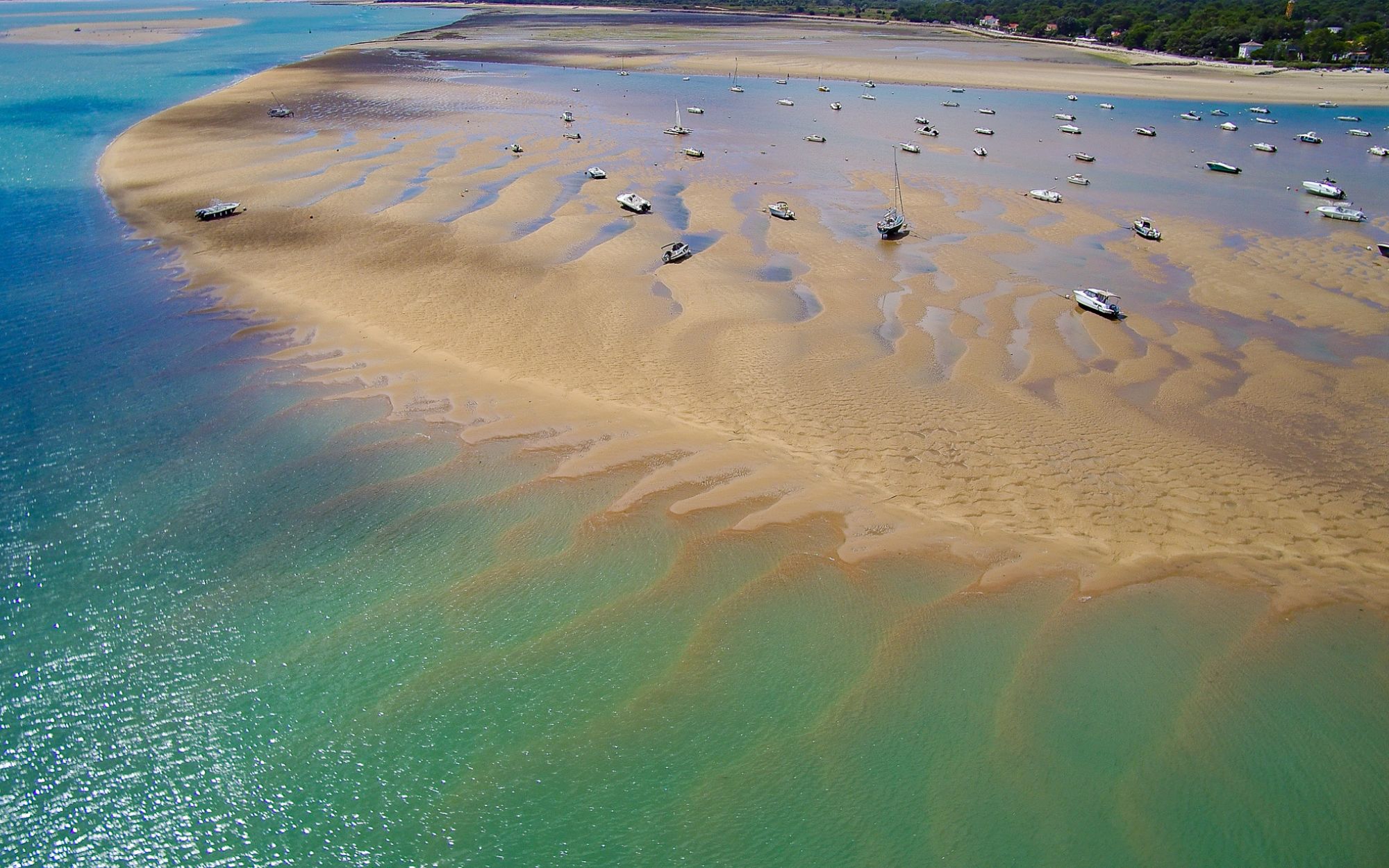Going on vacation: how to pack ecologically?
We don’t always think about it, but camping vacations have to be prepared. Starting with your suitcase! Packing at the last minute is the best way to take on too much and forget the essentials. Your Saint-Tro’Park campsite on Ile d’Oléron in Saint-Trojan-les-Bains, gives you a few tips for camping with a light heart and being an eco-responsible tourist.

Rule no. 1: travel light
Green travel also means traveling light. Reducing the weight of your suitcase reduces its impact in terms of CO2 emissions. In the car, for example, 100 kg of load means 5% more fuel consumption, as ADEME (Agence de l’environnement et de la maîtrise d’énergie) reminds us. As a result, take only the bare essentials and avoid superfluous packaging. Don’t pack a ton of clothes. If you need to, use the campsite launderette! Choose simple clothes that you’re used to wearing. For a one-week stay on the Ile d’Oléron, plan on 6 outfits. The tops and bottoms you choose should be easy to match. It’s ideal! Evenings can be cooler, so take a single item of warm clothing. For footwear, you’ll need flip-flops for the beach, sports shoes or hiking boots for hiking, and a pair of street shoes or sneakers.
Rule no. 2: make a checklist so you don’t forget anything
Minimalist camping doesn’t mean skipping out on comfort. It’s all about avoiding the superfluous without forgetting the indispensable! * Clothing kit (for 2 weeks): 4 to 6 socks, 7 to 8 tops, 1 jogging suit, 1 sweater, 1 cardigan, 8 pairs of underwear. Shoes in addition to those mentioned above for the sea. * Toilet kit * Picnic kit * Beach kit: hat, towel, swimsuit, sun cream, sunglasses, sand chair (if necessary), racket games, kite * Board games kit
Rule no. 3: apply zero waste principles
In your daily life, if you have to throw them away after the first use, use aluminum, cardboard or even plastic containers, but not glass! Unless, of course, you reuse the glass bottle… Long thought to be environmentally friendly thanks to its recycling chain, glass is nonetheless a heavy ecological burden. If it is not washed and reused as is, its manufacture is extremely energy-intensive. For example, its CO2 emissions are 4 times higher than those of a brick of cardboard packaging. Being an eco-responsible tourist means choosing products that can be washed and reused… Above all, it means thinking before you buy.
Photo “Nestled in the pine forest, the neighborhood of Ronce-les-Bains” (credit: Cobber17)



